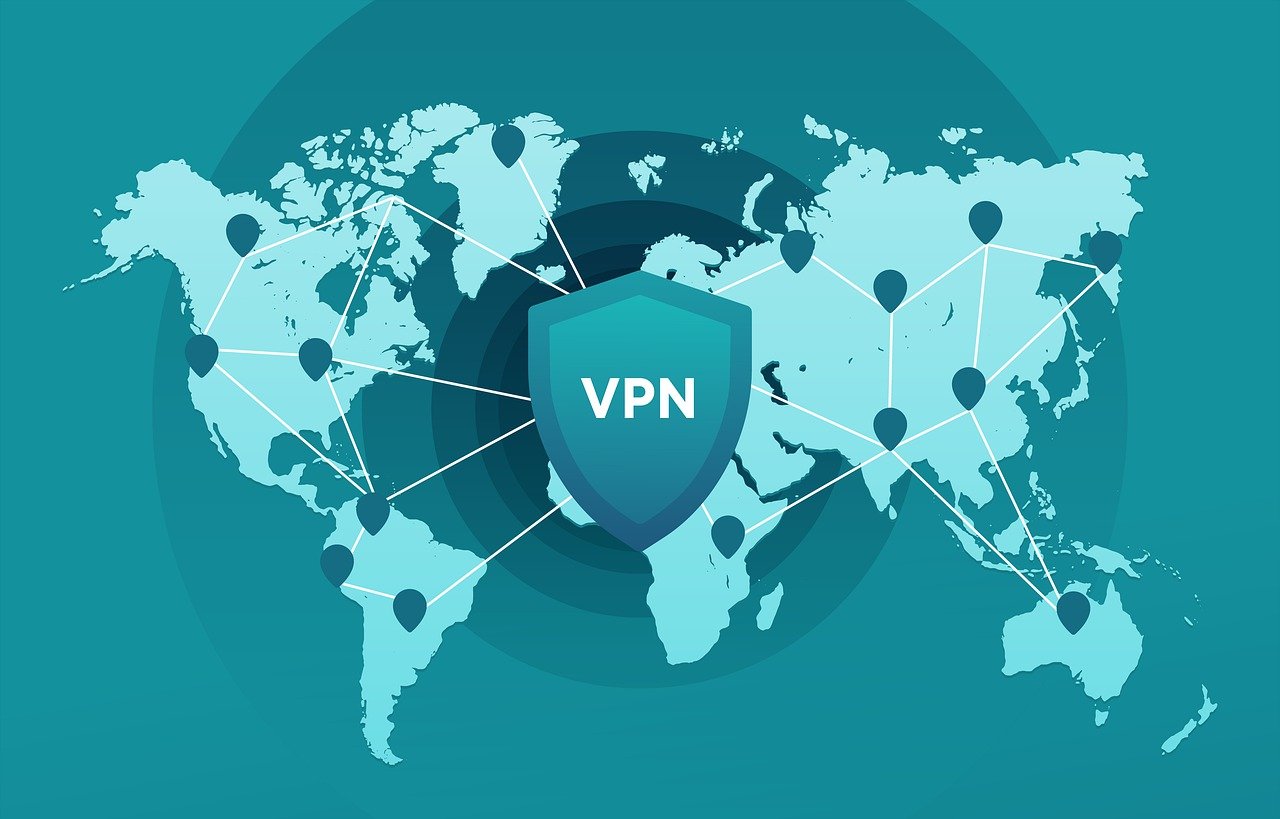Contents
Once you’re away from home, you’ll most likely use your phone for a plethora of online activities that might leave you exposed to threats. Sometimes, you might need a faster connection than what your mobile service provider can offer, and hence you might consider connecting to the available public Wi-Fi.
Unfortunately, in today’s digitally connected globe; online privacy is a serious concern for most people. As you browse, interact online, and stream, keeping your personal data and information secure is crucial. One of the best solutions to protect your privacy online is by using a virtual private network (VPN) on your Android phone.
Potentially, it’s more significant to have a VPN installed on your Android phone than to have it on home devices. The reason is that your phone most likely accesses more public Wi-Fi networks during the day, which means that it’s exposed more than the devices at home.
Now, the question is: do you really need a VPN installed on your Android phone?
A VPN on Android works much more like it can work on a desktop, however, there are specifics that you need to be aware of when using a VPN on your Android phone.
A VPN on Android

In a nutshell, just like how a VPN works with your personal computer or other home devices, when you use a VPN on your Android, basically, you don’t get connected directly to the internet. What happens is that you’re connected to the VPN server which merely acts as the intermediary between your phone and the application you’re using or the website that you’re browsing.
That way, the VPN encrypts all your traffic between your Android phone and your VPN server, hence locking out third parties from having access to it. Moreover, it means that your mobile internet provider won’t be able to see what you’re doing on the internet, instead, they’ll only see the IP address of your VPN server.
What Can a VPN Do for My Android?
VPNs are simply built for privacy. In fact, they offer more than you can imagine for your Android phone. Here are some of the benefits that a VPN guarantees when you have it installed on your Android phone;
a) Secures Your Private Data
Nowadays, smartphones are almost constantly connected to the internet, syncing emails, exchanging data, social media accounts as well as other profiles. The risk here is that if someone intercepts that traffic and steals all your sensitive information like credit card details, it could be trouble.
Public Wi-Fi networks are the most insecure given that they’ve no encryption. And even if they could be secured, that’s not enough. Therefore, you need a VPN to protect you from all the dangers posed by public Wi-Fi networks.
b) Unblocks Restricted Content
Some content on Netflix, YouTube, Hulu, The Wall Street Journal, BBC, and some other websites is restricted in some parts of the world. Therefore, if you want to catch up to your favorite movie on your Android while on the move, you’ll not be able to access it.
Fortunately, a VPN will allow you to easily connect to the server located in the region where the content is not restricted and you’ll be able to watch your streaming video right on your Android phone.
c) Offers Access to Corporate Private Files
Interestingly, a VPN makes it possible for you to access corporate private files on your Android phone whenever you work remotely. For instance, it’s always easier to just reply to an email from someone via your smartphone, but in case you need to attach a confidential file, you’ll definitely need a secure connection to get the files from the company’s online drive.
With a VPN on your phone, you’ll be able to easily access the files in a completely secure environment.
d) Prevents Government Surveillance and Censorship
Also, a VPN helps to prevent the prying eyes of your government from seeing your activities online. Usually, governments use the ISPs’ information to survey their citizens, which means that if your ISP doesn’t know what you do online, your government will equally have no idea.
However, you should note that a VPN won’t be of help in case your government performs targeted attacks.
e) Prevents DNS Poisoning
DNS poisoning is a common attack and most people have been victims. Here, the victim is normally redirected to a counterfeit website. However, a VPN prevents that since DNS requests are always sent encrypted to the VPN server.
f) Torrenting on Android
When torrenting, peers can see your real IP address, which means that you can be exposed to threats. Therefore, when P2P downloading, you need to protect yourself with a VPN on Android.
What About Android Apps?
Now, where possible, you should avoid using Android apps since whenever you use your phone, chances are that your mobile apps can pass personal information to the developers.
In fact, most Android phones require your express permission for the developers to access personal information, but via the UID, your privacy is with the app developers. Therefore, using a VPN would do much to prevent such apps from sending data to their developers. So the best option is to void them as much as possible if you want to maximize your privacy.
Bottom Line
If you’re still on the fence about whether you really need a VPN on your Android phone, then the answer is unequivocally yes. In fact, it’s easy to say that in today’s world, a VPN is a must-have install for any mobile operating system. The good news is that there are several excellent VPN options you can consider for your Android phone, but ExpressVPN is one of the best.

